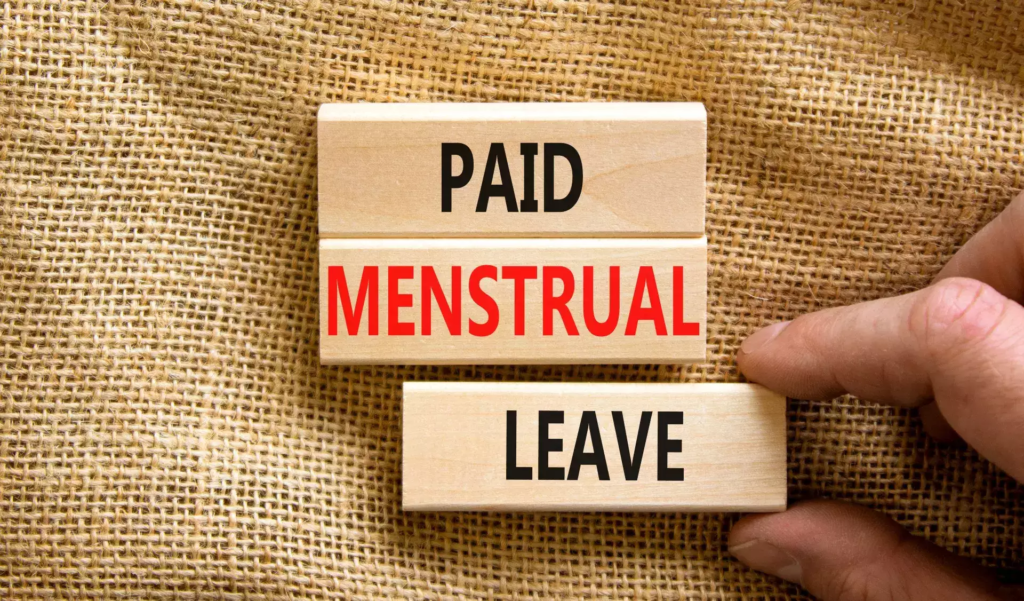
In a major step towards addressing gender-based inequality in the workplace, the Spanish government has passed a law providing ‘menstrual leave’ for female employees. This is the first time such a law has been passed in Europe, and it is expected to have a significant impact on the lives of women in the workforce.
The new law allows female employees to take up to four days of paid leave per month if they are experiencing severe menstrual pain. The leave can be taken in one block or spread out over the month as needed. The law also applies to those who suffer from endometriosis, a painful condition that affects around 10% of women.
The introduction of menstrual leave in Spain has been widely welcomed by women’s rights groups, who have been advocating for such a policy for years. The law is seen as a significant step towards addressing the gender pay gap and promoting gender equality in the workplace.
Research has shown that women often feel pressure to work through menstrual pain, which can lead to decreased productivity and an increased risk of health problems. The introduction of menstrual leave is seen as a way to support women’s health and well-being, while also promoting gender equality in the workplace.
Critics of the law argue that it could be abused and that it may have unintended consequences for women’s career prospects. However, supporters of the law point out that the leave is only available for those experiencing severe menstrual pain, and that the policy is designed to promote the health and well-being of women in the workforce.
The introduction of menstrual leave in Spain has been applauded by women’s rights groups across Europe, and it is hoped that other countries will follow suit. The policy is seen as a positive step towards promoting gender equality and addressing the unique health needs of women in the workforce.


